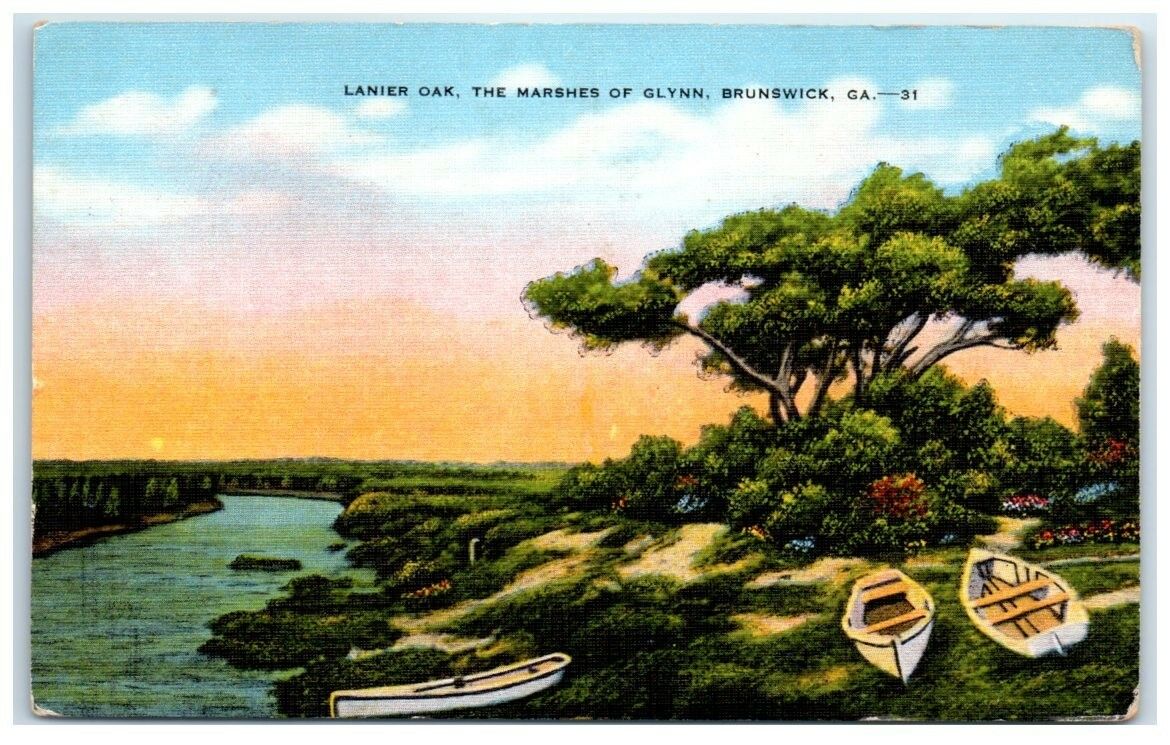
Hadn't thought of this in years but do remember.
Ultimately, I would argue that this sense of belonging can only be found in God and the Kingdom of Heaven, because it is for that eternal, transcendent destiny that our hearts crave. Nevertheless, in an imperfect, if very real manner, that longing can also be satisfied by truly investing ourselves in a particular place, taking pride in its unique history and culture, and binding ourselves to it so tenaciously that our children will in turn desire to preserve it. There remain pockets of such ancestral communitarian across Dixie, though globalist economic forces, secular materialism, and sexual libertinism are doing much to unravel them. We, like the Southern Agrarians, must take our own stand against this, lest our children discover that they themselves have no people.
“Who’s your people?” Though now somewhat rare, one still hears that question in Dixie, usually uttered from the lips of older or rural Southerners. Much is implied by the question.
There is the implicit belief that one’s extended family — or clan, given much of the region’s Scotch-Irish roots — serves as an inextricable part of one’s identity. Also implied is that one’s clan says something about you, whether for good or for ill. But perhaps most saliently, it communicates the fact that Southern culture is in important respects intrinsically communitarian, and rejects the sort of radical individualism that has often defined the broader American ethos.
Southern historians Eugene and Elizabeth Fox Genovese in their 2005 book The Mind of the Master Class: History and Faith in the Southern Slaveholders’ Worldview, devote an entire chapter to this quality of Southern identity. Titled “Between Individualism and Corporatism: From the Reformation to the War for Southern Independence,” the chapter explores the way Southerners sought to make sense of themselves both as members of a particular American subculture and participants in a broader socio-political project. Like much of the Genovese’s scholarship, their expert research exposes the inadequacies of popular caricatures of the South, while also serving as a catechesis and warning for those seeking to defend their way of life.
More @ The Abbeville Institute

I have a fairly new neighbor from Kentucky. On many occasions I have observed their cultural tendencies and commended him for it as it is not as prominent in our current area.
ReplyDeleteWhere is your area?
Delete